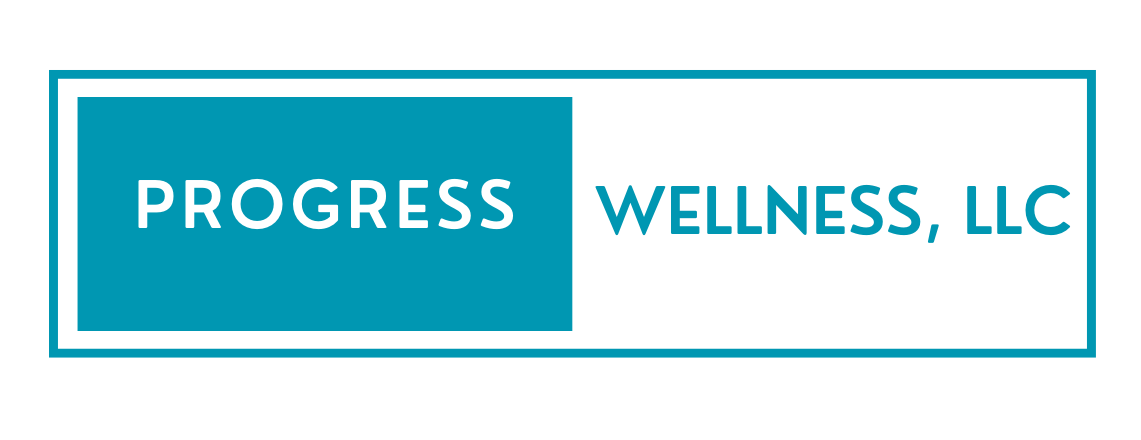Whatever it is, the way you tell your story online can make all the difference.
Have you been feeling especially stressed or anxious lately? Do you find yourself struggling with mental and physical exhaustion and wish you could figure out a way to refuel your well-being tank?
If so, you might want to consider looking at how you are doing when it comes to setting limits and enforcing your personal boundaries.
Having personal boundaries means that you are aware of the rules and limits you have set for yourself in relationships, and are therefore able to comfortably say “no” to others when those limits have been reached.
I know many of us struggle with burnout, and one reason why running on fumes happens so often—particularly for women—is because we feel a need to say “yes” to everyone and have a hard time setting limits and boundaries.
For example, Jane had noticed at work that her coworkers would come to her regularly to ask for help, and there was a part of her that very much enjoyed helping people so she was glad she could be there for her colleagues.
She noticed that people at work were beginning to email her more, asking her to do more tasks, and she would do them because she was efficient and felt glad that people could rely on her. As time ticked on, she began to feel more stressed out and irritable at work, at times feeling anxious due to all the work she had to do, and could not understand why she was having such a difficult time.
It wasn’t until we started talking about her lack of personal boundaries that she realized saying “yes” to everyone was the main culprit.
Jane began to start delegating work back to her coworkers, scheduling in personal time (like taking a lunch break), and saying “no” to people. She realized that the company didn’t go bankrupt, her coworkers still liked her, and she felt happier at work—all because she developed her personal boundaries, knew her limits, and stuck to them.
Whatever it is, the way you tell your story online can make all the difference.
Saying yes to everyone might mean that in the short term, you are the hero; but long term, you are falling on your own sword. This is why protecting your time is so important and creating limits and personal boundaries is so necessary.
How do you know if you need help with your personal boundaries? Ask yourself these questions:
Do you have a hard time feeling like you are letting people down?
Do you struggle with making decisions?
Do you often feel taken advantage of by loved ones or colleagues?
Do you say “yes” when you would really prefer to say “no”?
Do you feel guilty when you take time for yourself?
Do you give away too much of your time?
If you answered yes to any of these questions, I encourage you to try the following.
Step one: Figure out where you need help creating boundaries. At work? In your personal life? Both?
Once you are aware of the problem area, you can begin to take action.
Step two: Create boundary statements. Having these on hand will help you feel more comfortable saying “no.” When you know what you are going to say and can hear yourself saying it, these statements become much easier to remember and use at the moment.
Some examples of boundary statements are:
“I am going to think about it before giving you an answer”
“No, but thank you”
“I can’t talk right now”
“I am not ready yet”
“I hear your point, and my answer remains the same”
“I am not able to do that”
“I am not able to do that right now, but I can ___”
Step three: Schedule in breaks or personal time. Taking a lunch break, shutting off notifications after 5 pm, or going for a walk in the middle of the day are all great ways of remembering to pay attention to yourself and setting personal boundaries.
Work isn’t going anywhere, and the more you take care of yourself, set limits, and say “no” when you need to, the more your stress levels will naturally decrease.
Take care of yourselves, and remember that, as always, I am sending good energy your way.





